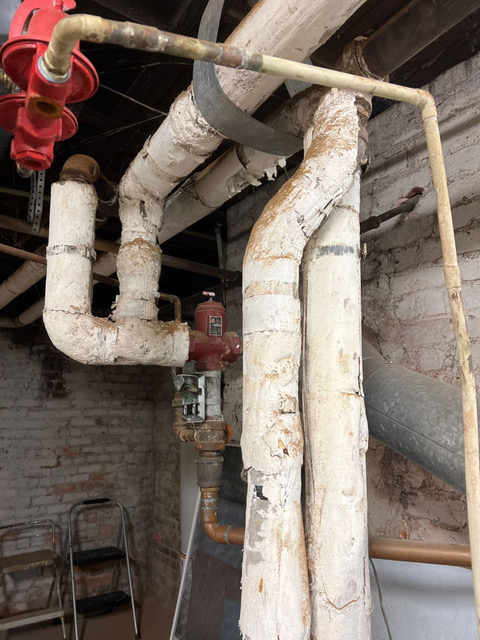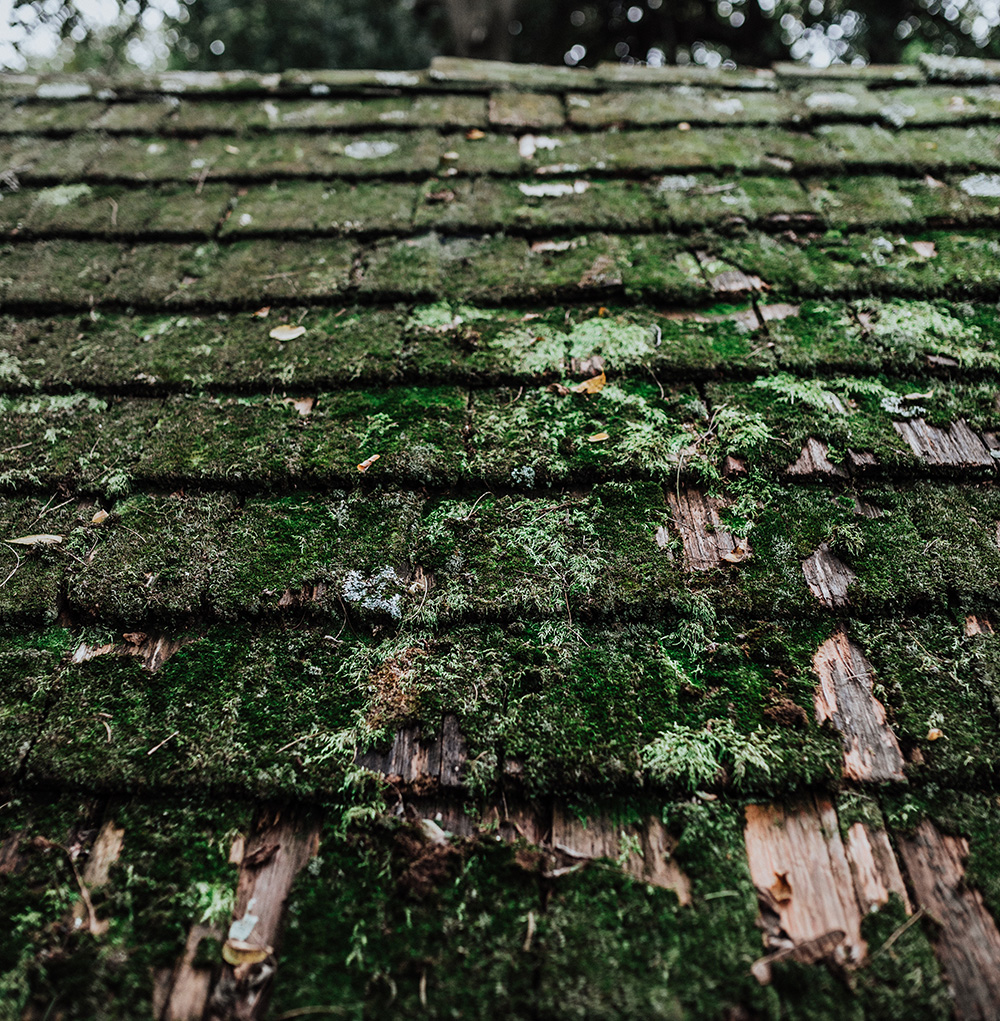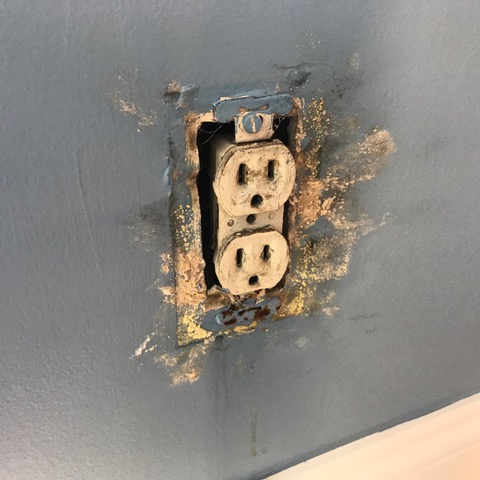
People often ask if a home inspection can kill a real estate deal? The simple answer would be no. An inspection of itself is not the reason deals are called off. However, there are times when the inspector finds serious issues with a house, which can cause negotiations between buyer and seller to break down, and the deal may fall apart.
First, let’s define the role of a home inspector. An inspector is a professional hired by buyers or sellers to carefully inspect a house and inform you of things that may be broken and in need of repair or replacing. When he or she does find issues in a home, the report may recommend seeking out an “expert,” such as a licensed electrician, roofer, plumber, or HVAC specialist for further evaluation or remediation. That’s because most of the time, inspectors are not licensed in these fields.
In most cases, the buyer hires the inspector and pays him to do his job and present his report. There are times when an inspection may uncover serious issues that may cause buyers to walk away from the deal. However, the inspector presents the findings in a neutral fashion, without getting involved in negotiations between the seller and the buyer.
As a home buyer, do you need an inspection? That’s a resounding YES! North Carolina is a “buyer beware” state. As a buyer, it is your responsibility to learn everything you can about a property before signing on the dotted line. When trouble is found, you can request repairs or a discount for the cost of the repairs, but if the seller won’t budge, you have the option of walking away from the deal.
The greater Asheville area is still a hot seller’s market, so negotiation may be off the table for small issues, but major defects are a different matter entirely. Let’s take a peek at some of the discoveries that sometimes derail the sale of a home.
Water damage and mold

Mold forms from damp or even wet conditions. Moisture in the house can come from a leak in the roof or chimney, cracked foundation walls, flooding, failing siding, and more.
Mold in the attic or basement left unchecked can cause problems in the home’s interior.
If you find mold and moisture on the insulation in your attic, make an appointment with a licensed roofing company to find and eliminate the problem at its source. Then you’ll need to consult a mold remediation company to clean it up.
Water and mold in homes may cause some buyers to walk away from the deal.
Major foundation issues
A home’s foundation is the core upon which the structure rests. Major problems with the foundation will likely reveal other issues in the home, such as:
- Uneven floors
- Sticking or tilted doors and windows
- Dampness or water in the basement
Minor cracks in the foundation are normal, since all houses settle over time. However, large cracks can be a cause of concern and require a foundation expert to estimate the potential cost of repair.
Major foundation repairs can range in the tens of thousands of dollars. Discuss solutions with the seller, such as getting them to repair the problem. This may have to be fixed before the deal can go through, because lenders may reject a property with serious foundation issues. If the seller refuses, then the buyer might choose to end the deal.
Roof repair or replacement

A roof is more than just a barrier from the elements. It helps maintain the home’s structural integrity. Instructors will look for loose or missing shingles, soft spots, and signs of water damage. Even relatively new roofs can lose shingles in storms. These are easily replaceable, but rotted wood underneath the shingles can be an expensive fix and may signal the need for complete roof replacement.
Can complete roof replacement be a deal-breaker? That depends. If the roof is shot and needs immediate replacement, some folks will amend their offer, or they might request the seller make the repairs, or they might just walk away from the deal.
Finding asbestos in the home
Older homes may have asbestos, which, when disturbed, can cause a fatal form of lung cancer called mesothelioma. Before being banned in the USA, asbestos could be found in flooring, drywall, attic insulation, siding, and pipe insulation.
The problem occurs if you’re doing renovation and repairs, and the material breaks up and gets into the air (and into your lungs). If you have this in your home and you plan on doing renovations, then you will need to get the material tested and removed by an accredited and reputable environmental contractor. This can be costly (up to $20 per square foot) and may become a deal-breaker.
Polybutylene piping
Polybutylene piping is a type of plastic resin used for indoor plumbing in homes from the late 70s through late 90s. The most common color of “Poly B” was light gray, but there were other colors, such as blue, silver, black, or white, depending upon region and manufacturer.
The main problem with Poly B piping in homes was its susceptibility to degradation and eventual failure over time, resulting in leaks and burst pipes, and causing sometimes catastrophic water damage.
There are other types of plastic pipes found in homes, but if they are gray and flexible, chances are they are Poly B. Your home inspector should be able to identify them, or may recommend getting a licensed plumber to confirm the findings. Many homes built with Poly B are likely facing the need for replacement with more reliable materials.
Depending upon size, repair costs can range from several thousand dollars to more than $15,000. Discovery of Poly B is, at the very least, a reason for renegotiating a home’s selling price.
Dangerous or outdated electrical system

Two potential sticking points in home deals are aluminum electrical wiring and old-fashioned knob and tube wiring. Aluminum wiring can be trouble, because the connection to outlets, switches, fixtures, and lights can become overheated. Continual heating and cooling can result in loose connections and fires. Many insurance companies will not underwrite homes with aluminum wiring.
Knob and tube wiring lacks a ground wire for safety. An easy way to spot it is all the electrical outlets in the home have only two-prongs.
Electrical repairs and wiring upgrades can be pricey, and some buyers may choose to walk if the seller won’t budge on the price or opt to do the repair.
The need for speed!
If your inspection report reveals serious issues in the home, begin negotiations with the seller immediately, and if you do need to walk away, do it quickly. Your purchase agreement usually contains clauses about a bad inspection report of a low home appraisal.
Your realtor and attorney can advise you on withdrawing your offer and arranging to get your earnest money returned. Then you’ll be free to find another, more suitable home for your needs.
Buying or selling a home in Western North Carolina?
Avoid unpleasant surprises! Contact Asheville Home Inspector Peter Young before signing any contracts. Call (828) 808-4980, or click here to make an appointment.